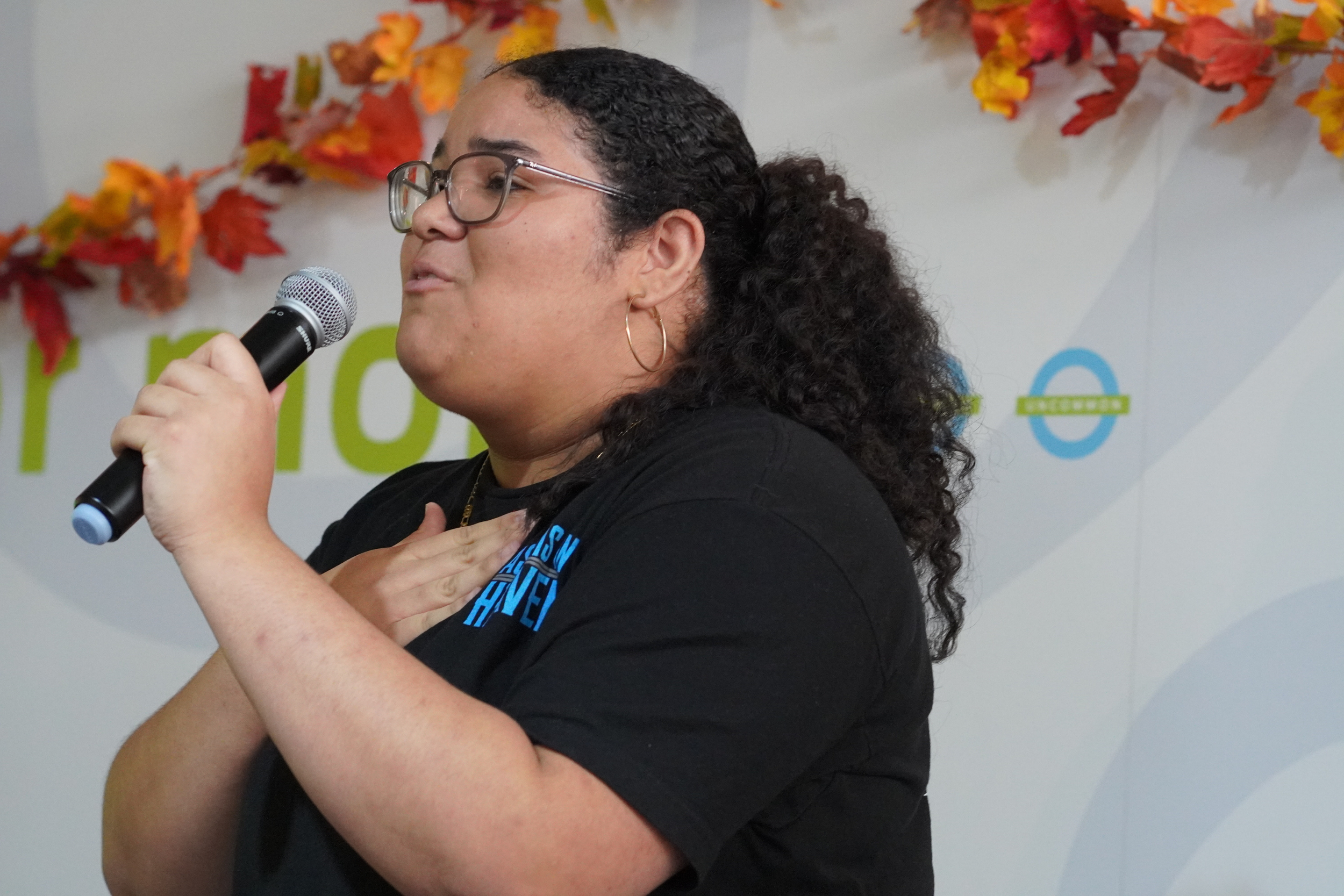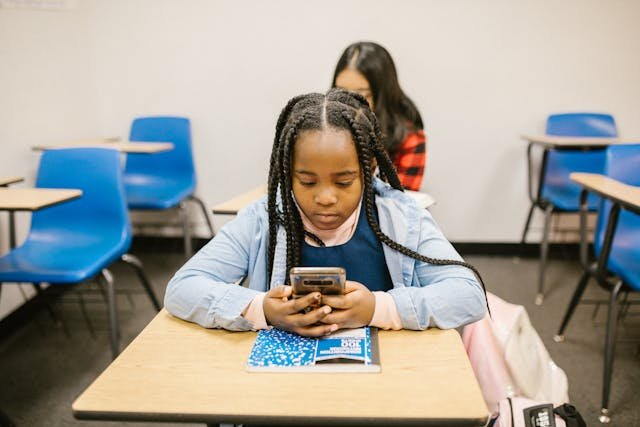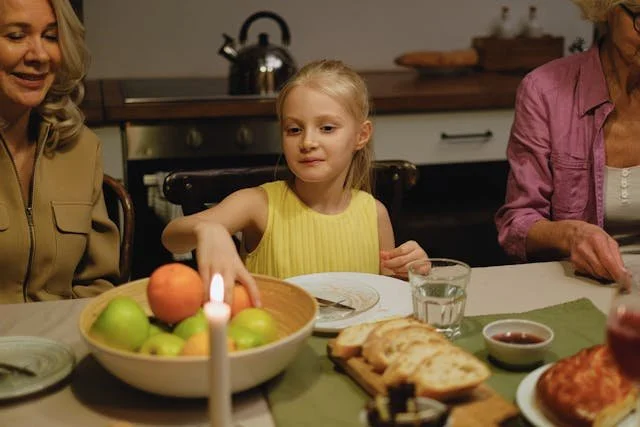While public speaking is not a popular subject for most students, it’s a vital skill to learn. It helps with everything from self-advocacy and confidence to academic and career success. The skills involved in public speaking don’t come to most people naturally, but you can help your child develop them so they can speak clearly and with confidence. Read on for tips for helping your child build this important skill.
Start with Confidence
Public speaking scares most people. In fact, it’s one of the most common fears. Helping your child overcome this common form of anxiety starts with building their confidence. Praise their effort and courage when they practice their speaking skills, and let them know when you’re seeing progress. Reduce pressure by allowing them to practice at the same time and in the same place. A familiar environment can be soothing and help your child warm up for the real speech. Go over calming techniques, like deep breathing, grounding exercises and positive affirmations, that they can easily practice before getting on stage.
Practice to Build Skills
One challenge students have with public speaking is not fully understanding the material. Broaching an intimidating subject in a speech is hard work, but it’s often part of the challenge. Consider giving your child warm-up talks to start with before diving into research. Maybe they can give a “mini speech” for 30-60 seconds on their favorite book or the most exciting thing they learned in school during the week. Record these talks, and listen to them together. Give kind but constructive feedback. As they start to build confidence, practice tools like adding in transitions and ensuring there’s a beginning, middle and end to the speech.
Remember the Core Speaking Skills
The most difficult part of public speaking is that it’s not just talking to an audience. There are several aspects your child must consider simultaneously to ensure that their speech goes off without a hitch. Make sure to cover each of the following aspects of speechmaking with your child:
Giving the speech a clear structure
Speaking clearly with a strong voice
Using confident body language
Making audience-appropriate word choices
Handling questions in a clear, coherent way
Try Real-world Speaking Opportunities
The best way to become a better public speaker is through practice. Fortunately, children and teens have plenty of opportunities for public speaking, from school clubs and library programs to science fairs and debates. Find something that inspires your child, and encourage them to become an active participant. As they grow into leadership roles and become more active in their small communities, public speaking will begin to come naturally.
At North Tampa Christian Academy, we encourage our students to use their unique voices to make a difference in the world. Students at our Tampa private school thrive creatively, academically and spiritually in a project-based learning environment. Faculty and families work together to inspire leadership through Christian innovation. Contact us today to learn more.





